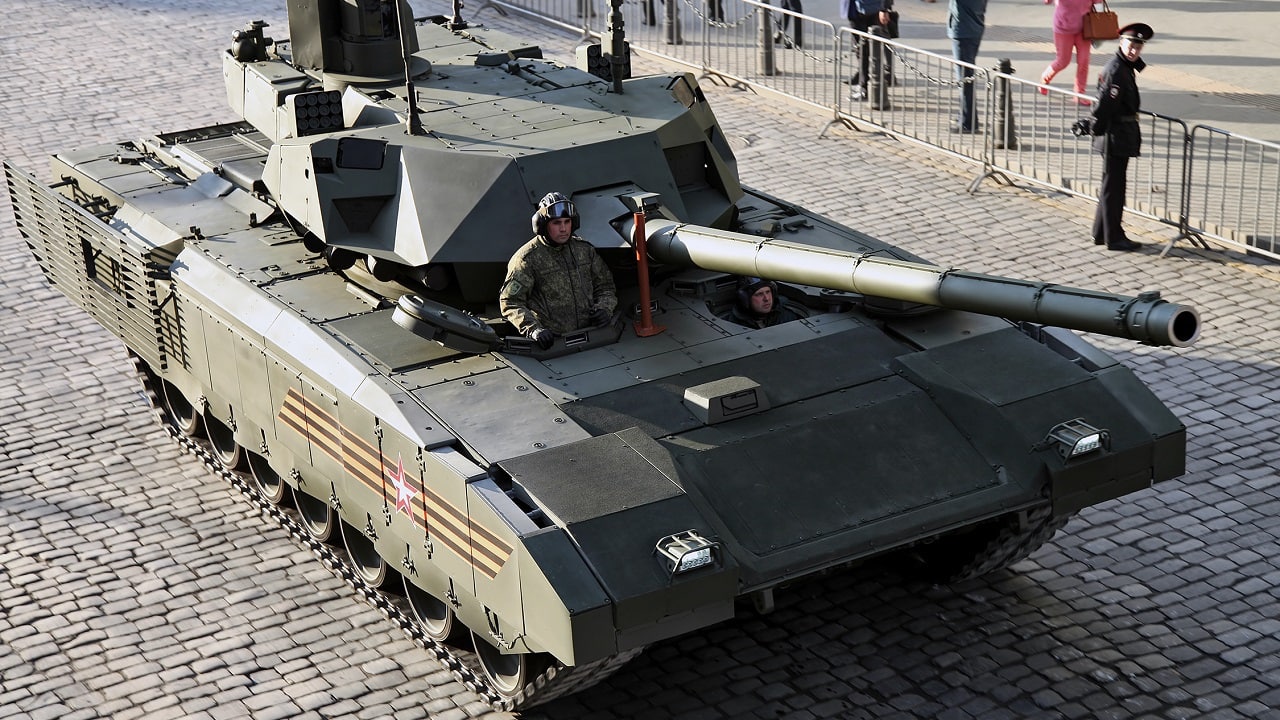Russia Has a Plan to Weaken NATO: Turkey President Recep Tayyip Erdogan put his diplomatic brinkmanship on full display over the past month. He held up the NATO accession for Sweden and Finland in order to win unrelated concessions: A Swedish and Finnish commitment to rollback its engagement with Syrian and Turkish Kurds, and a push by President Joe Biden to move forward with the sale of advanced F-16s and upgrade kits for Turkey’s existing jets.
Erdogan may be a cynic and Turkey may no longer be deserving of NATO membership, but there is little NATO can do for two reasons: First, there is no mechanism within NATO to expel a wayward member, and, second, the organization governs itself by consensus. There is no difference between the vote of the United States, with 330 million people, Turkey with 85 million, and North Macedonia with 1.8 million.
If Erdogan sympathizes more with Russia than the United States, and all evidence suggests he does, then he and Russian President Vladimir Putin gain more power having Turkey as part of NATO than separate from it because they can use Turkey’s membership to paralyze the alliance from within.
Putin, however, understands just how mercurial and egotistical Erdogan is. When Erdogan looks in the mirror, he sees Putin’s equal, but when Putin looks at Erdoǧan, he sees a Chihuahua. Simply put, Putin will never place Russia’s broader security aims in the power of a man he sees as little more than a yapping dog.
So what is Putin’s Plan B for NATO?
It is already unfolding in the Balkans. The Foundation for Defense of Democracies’ Ivana Strander has carefully and repeatedly chronicled the Kremlin’s attempts to interfere domestically in various Balkan countries, including NATO members such as Montenegro, North Macedonia, and Croatia. The White House and State Department might compartmentalize their diplomacy, but Putin is taking a more holistic approach. Simply put, his strategy appears to shut down NATO action by the veto of its small members who his forces infiltrate long before it becomes necessary to confront the defense alliance on the battlefield.
The question for Washington and Brussels, then, is what is the American and European response? The tendency in both capitals to sigh with relief when a crisis passes serves NATO poorly when what really transpired with Turkey was a dry run to destroy NATO from within.
Expert Biography – Now a 1945 Contributing Editor, Dr. Michael Rubin is a Senior Fellow at the American Enterprise Institute (AEI). Dr. Rubin is the author, coauthor, and coeditor of several books exploring diplomacy, Iranian history, Arab culture, Kurdish studies, and Shi’ite politics, including “Seven Pillars: What Really Causes Instability in the Middle East?” (AEI Press, 2019); “Kurdistan Rising” (AEI Press, 2016); “Dancing with the Devil: The Perils of Engaging Rogue Regimes” (Encounter Books, 2014); and “Eternal Iran: Continuity and Chaos” (Palgrave, 2005).

